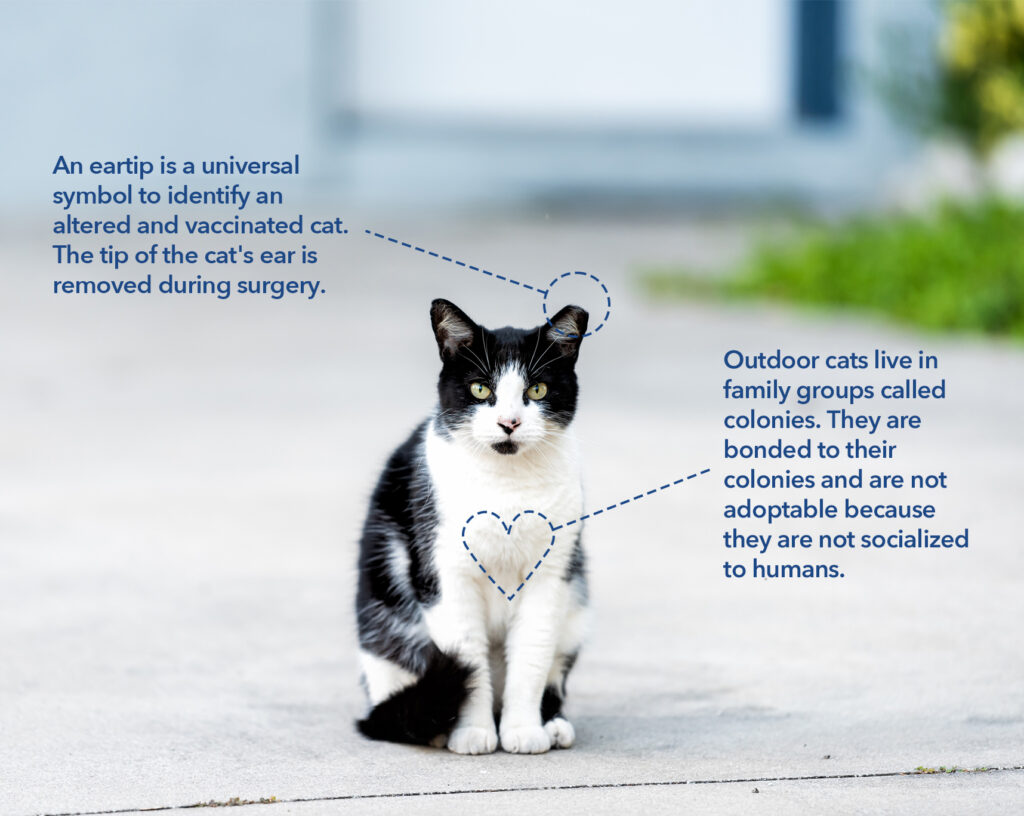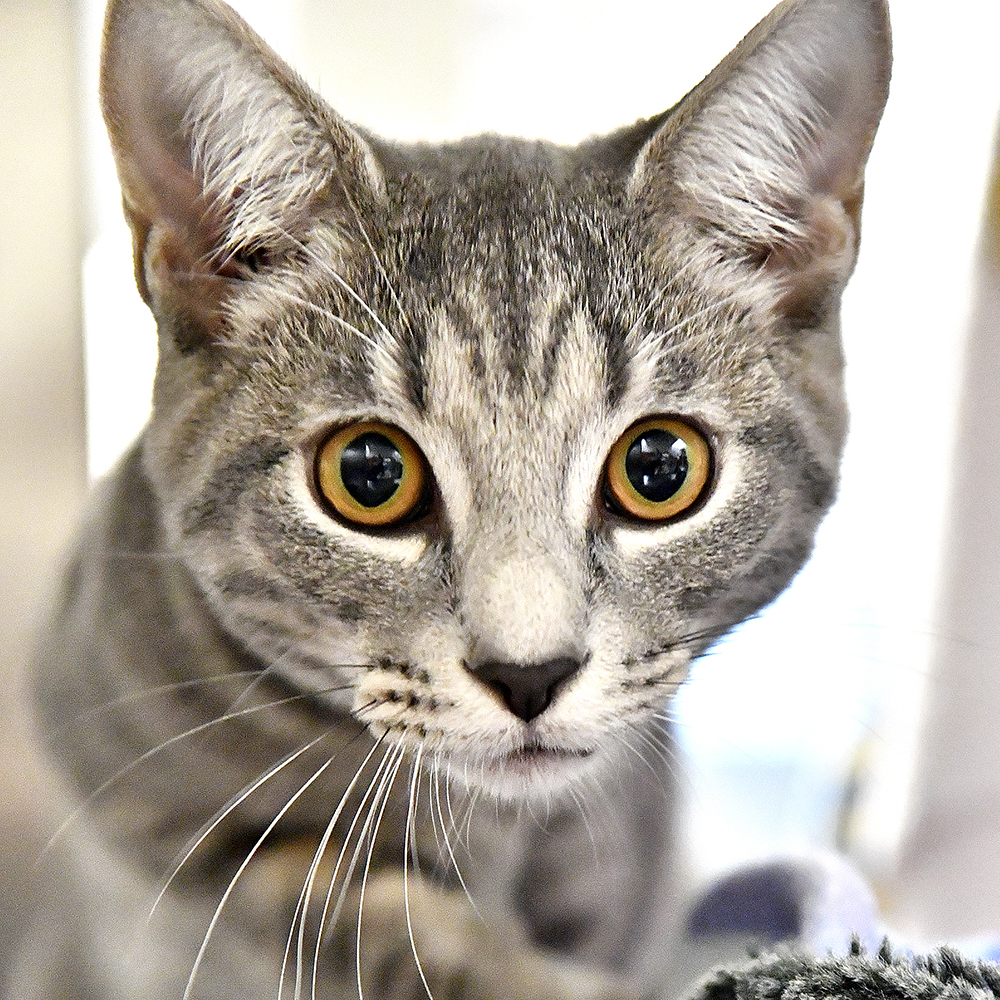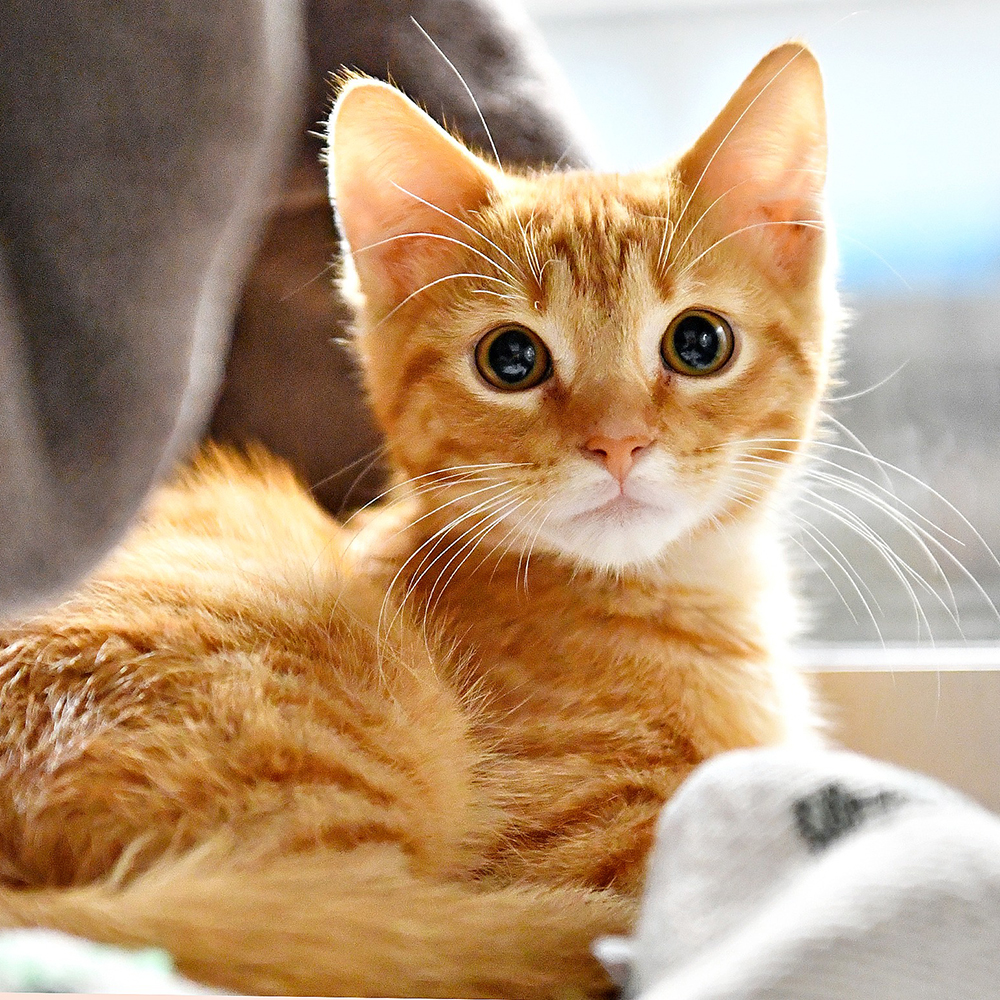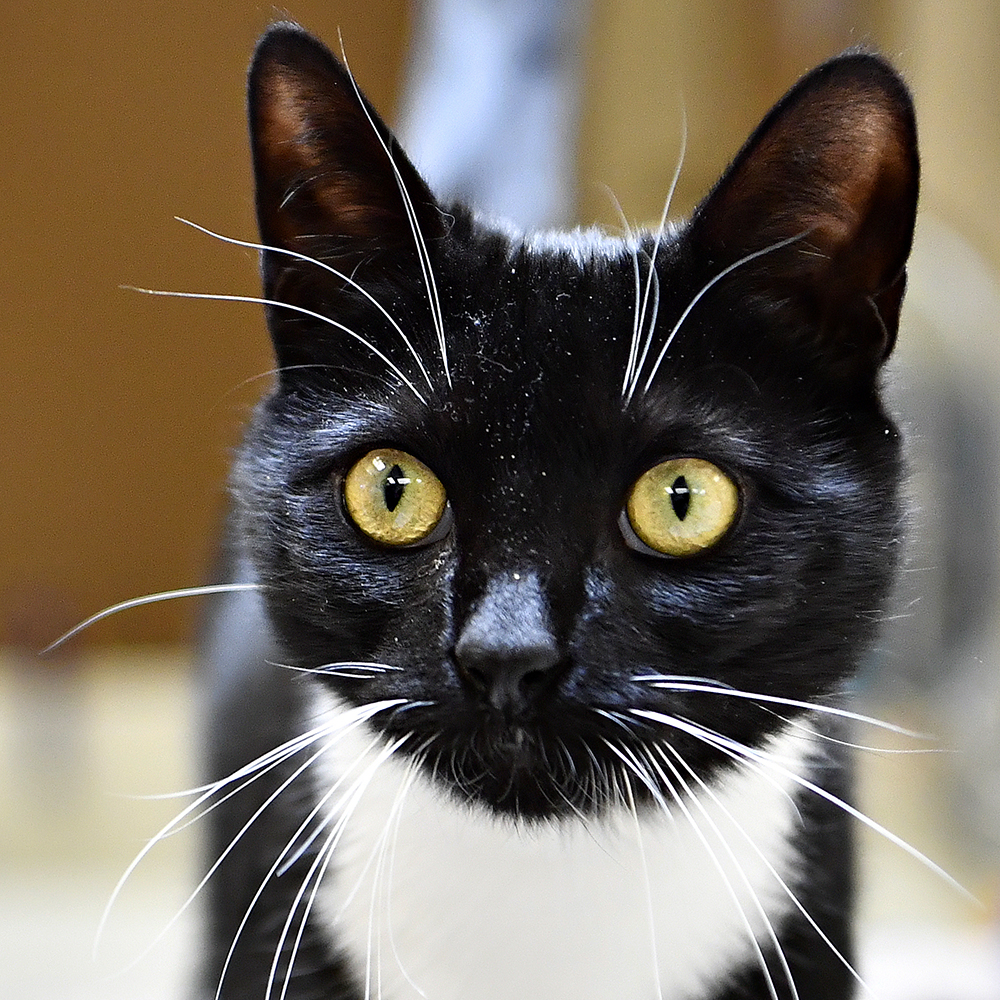Trap
The act of setting a humane trap to capture a community cat. By trapping a community cat, the trapper can transport them to be spayed/neutered and vaccinated or receive other veterinary care.

Community cats are not like pet cats. They are born outdoors, and they live and can thrive outdoors. They do not have the same level of socialization and domestication as house cats, and they are sometimes not friendly towards people. They live in their outdoor homes with their feline families, also called colonies, instead of being someone’s owned pet. Discovering an adult, outdoor cat who prefers not to be handled by humans is a sign of a resilient community cat. These cats, with their survival skills, can thrive outdoors, adapting to their environment and living independently.
Trap
The act of setting a humane trap to capture a community cat. By trapping a community cat, the trapper can transport them to be spayed/neutered and vaccinated or receive other veterinary care.
Neuter
Having the community cat spayed/neutered so they are no longer able to reproduce. We offer low-cost spay/neuter services through our Spay/Neuter Clinic's TNR Program.
Vaccinate
Having the community cat vaccinated against rabies to help keep them and their communities safer. Vaccination is performed during a spay/neuter appointment at our Spay/Neuter Clinic.
Return
The act of releasing the community cat back to its original outdoor home.


If you find kittens outdoors who appear content (quiet, round belly), please observe them for 10 to 12 hours. If the kittens are exposed or in a dangerous location, move them to a safe hiding spot nearby. Their mother will likely return in that timeframe to care for them. If you can confirm there is no mother around, then based on the kittens’ age, it could be time to step in and help.

You may think, “Why can’t the cats be adopted and socialized?” When a kitten is born outside, if they are not surrounded by and socialized with humans during the first eight weeks of life, the kitten will most likely become a feral adult cat afraid of human contact. These cats are not suitable house pets.
Humans can feed them by setting up a feeding station, providing an outdoor shelter or trying to intervene if they become ill or injured. We recommend all these actions. We do not recommend bringing a community cat inside your home if they are happy and thriving outdoors. Attempting to force community cats to become domesticated house pets does not typically work, and it poses the risk of injury to both the cat and the human.
A much more effective and humane way to handle the community cat population is through a TNR (Trap-Neuter-Return) program. TNR involves trapping the cats in a humane trap, bringing them to our low-cost spay/neuter clinic to be spayed/neutered and vaccinated, and then releasing them to their outdoor home, the area where they were trapped. This approach helps stop rapid population growth, reduces nuisance behaviors associated with cats (spraying, yowling, territorial fighting), and makes them safer for the community because they are vaccinated against rabies.
If you are dealing with nuisance behaviors from community cats, you may be thinking, “Why can’t the cats just be relocated?” When cats are taken away from their outdoor home without removing the source of food and shelter, the result is what’s known as “the vacuum effect.” With that home now vacant, the space is free for another colony of cats to move in since the environment has proven to have adequate living conditions. The new colony that will move in could be unaltered, larger, and present more issues than you previously managed. More information on the vacuum effect can be found on the Alley Cat Allies website.
A TNR (Trap-Neuter-Return) program is a much more effective and humane way to handle the community cat population. Having the cats altered eliminates many nuisance behaviors associated with community cats, including population growth. Then, humane deterrents can be set up in your yard to discourage community cats from spending time there, giving the colony the chance to relocate on its own.
Examples of Humane Deterrents:
More information on humane deterrents can be found on the Alley Cat Allies website.
In most situations, the York County SPCA will not accept healthy, free-roaming cats into the shelter. Due to behavioral issues, free-roaming community cats will almost never be candidates for adoption, which leaves those cats with an almost guaranteed outcome of euthanasia. Additionally, surrendering free-roaming cats does not reduce York County’s free-roaming cat population in the long term.
The best way to have the most impact on the free-roaming community cat population is to sterilize as many cats as possible through a spay/neuter program, like the one at the YCSPCA. Before bringing an animal to the shelter, please review our Shelter Admissions Policy to learn more about when and how we can accept animals into our care.
Community cats can thrive in their outdoor homes with the support of their human neighbors. Learn more about the best ways to support free-roaming cats in your area.
© SPCA of York County. All rights reserved.